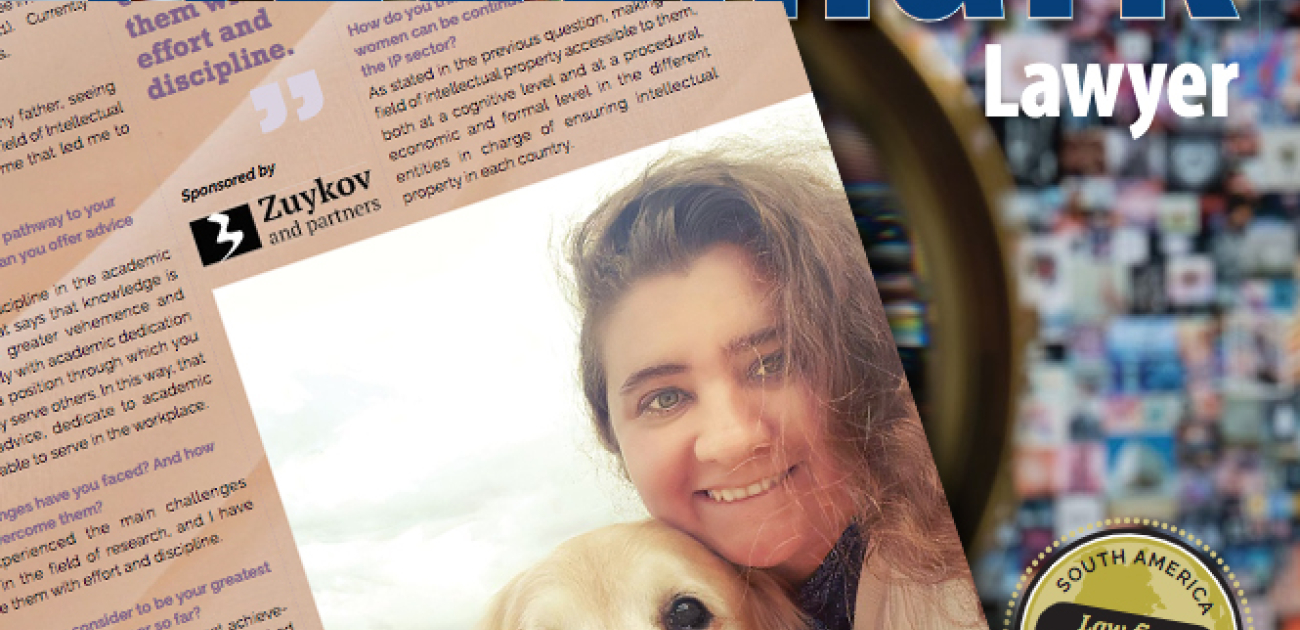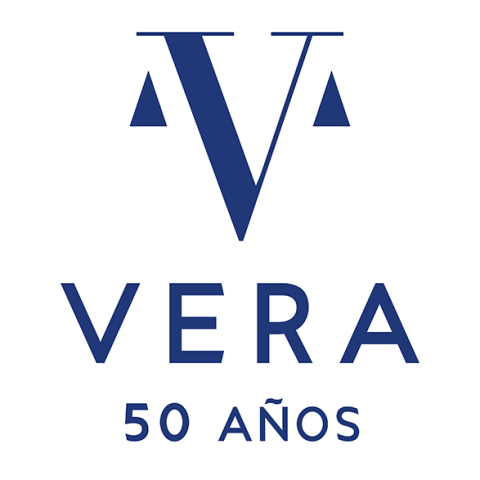The Trademark Lawyer Magazine Interviews Natália Vera
What inspired your career?
My greatest inspiration was my father, seeing him work passionately in the field of Intellectual Property planted a seed in me that led me to walk this path.
How have you found the pathway to your current position? And can you offer advice from your experience?
I found it through discipline in the academic field, that phrase that says that knowledge is power, here it has greater vehemence and application, and only with academic dedication can you achieve a position through which you can professionally serve others. In this way, that would be my advice, dedicate to academic research to be able to serve in the workplace.
What challenges have you faced? And how have you overcome them?
I have experienced the main challenges precisely in the field of research, and I have overcome them with effort and discipline.
What would you consider to be your greatest achievement in your career so far?
It is difficult to choose only one great achievement, because in my professional life I have had great satisfaction, such as getting the path for the due protection of a trademark or a copyright of my clients. Consequently, achievements are achieved day by day.
What are your future career aspirations? And how will you work to achieve them?
My aspiration is to continue contributing to the firm in which I work, which is my home, in such a way that with tenacity and effort I can consolidate myself as an essential intangible.
What changes would you like to see in the IP industry regarding equality and diversity in the next five years?
It seems to me that Intellectual Property should be within the reach of all social classes as well as all genders; Thus, for example, women entrepreneurs at an inventive level should be given the opportunity to get ahead with patents and copyrights for such inventions, something that does not happen today.
How do you think the empowerment of women can be continued and expanded in the IP sector? As stated in the previous question, making the field of intellectual property accessible to them, both at a cognitive level and at a procedural, economic and formal level in the different entities in charge of ensuring intellectual property in each country.

